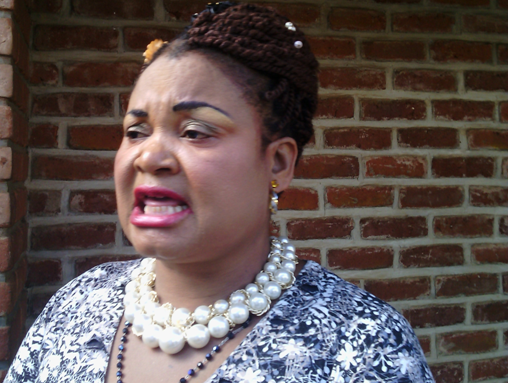
Parliamentarian Patricia Kaliati says Malawi is not doing well in the 50-50 agenda of promoting equal representation of women in decision making positions.
She made the observation in an interview with MEC on Monday.

Kaliati who has maintained the Mulanje West Constituency since 1999 in a political career that has seen her holding a number of cabinet positions in the United Democratic Front (UDF) and the Democratic Progressive Party (DPP) governments has since attributed the development to what she has described as a pull-down-syndrome and jealousy amongst women which is targeted at progressive women.
“If things are not going well in political parties in promoting women into decision making positions, it is because women are busy pulling down each other. Men have been very supportive to the 50-50 cause yet we find other women being used to disappoint their fellow women’s political ambitions by men,” said Kaliati.
She added it is disappointing to note that while government with support from development partners is heavily investing in women empowerment, some ‘misguided women’ were being used by men to frustrate political ambitions of fellow women.
However, Kaliati was quick to point out that despite the pull-down-syndrome, some women especially the youthful generations do not do well in politics because of the way they present themselves to the electorates during their campaign trail.
“When a woman aspires for an elected political position she has to realise that she is picking a public position that puts her at public scrutiny, hence the need for one to ensure that she behaves and carries herself modestly in her community,” she said.
According to the 2014 elections results, there was a drop in the number of women who made it to the National Assembly in the 2014 elections as compared to 2009.
In 2009, 42 women made it to Parliament while 32 women were elected as Members of Parliament in 2014.
According to Gladys Thindwa of the 50-50 Campaign Management Agency, the decline in the numbers of women that made it to Parliament in the 2014 elections is an issue that requires urgent attention.
“Ensuring that women have fair and equal representation in decision making positions is an on-going process. There has been an increase in the numbers of women in Parliament although we noted a decline in the figures in the last elections from 42 in 2009 to 32 in 2014,” said Thindwa.
Speaking in a phone interview, Joyce Chitsulo who is Executive Director of Ndi Tsogolo Langa (NTL), a youth organisation that has been encouraging young women to take part in politics, said political parties in the country lack deliberate policies to ensure that more women are voted into Parliament and other politically elected positions.
“Historically the role of women in politics has been reduced to that of dancers and praise singers for men in the country,” said Chitsulo who failed to make it to Parliament in the 2014 elections.
Meanwhile the 50-50 Campaign Management Agency is running a campaign to ensure that more women are voted into decision making positions in next year’s tripartite elections. The campaign will be launched in Lilongwe on Thursday.














